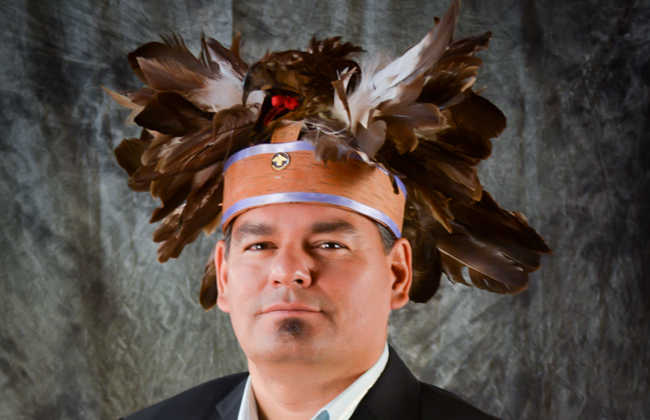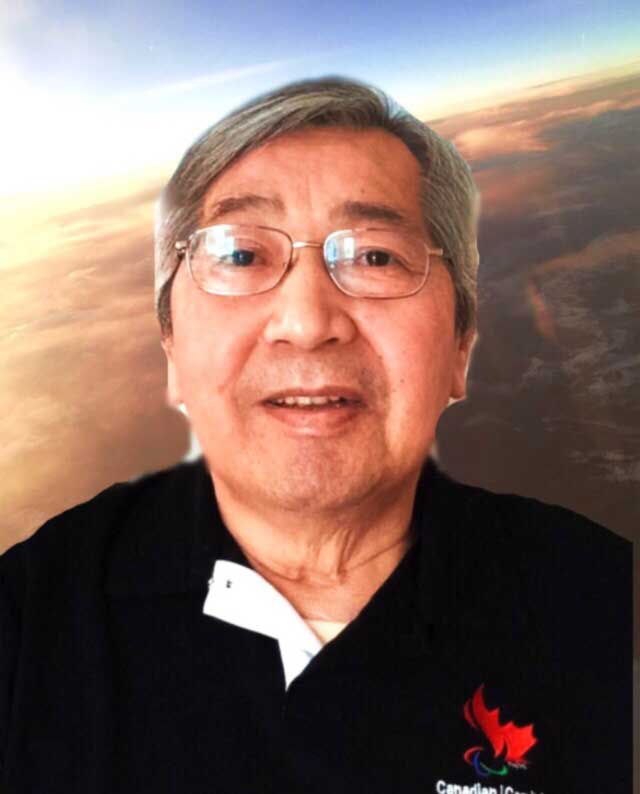(Toronto, June 29, 2017) “On July 1st, 2017, Canadians will be gathering across the country to celebrate the 150th anniversary of Confederation, the formation of both Canada and the Province of Ontario. This call for celebration presents First Nations with a poignant moment.
First Nations were the First Peoples to govern this land, now known as Canada, and were present for thousands of years prior to Confederation as self-determining Nations with distinct cultures, languages, laws, traditions, and a unique understanding of the land and environment.
While we acknowledge the formation of Canada and Ontario 150 years past, our true and shared history goes much further, to a time when we First Nations were the economic driving force and held the balance of power prior to the creation of what is now known as Canada.
For First Nations in Ontario the 150th anniversary of Confederation is little cause for celebration, as it represents 150 years of assimilation, genocide, neglect and marginalization. Ultimately this makes it very difficult for us to come out and celebrate and embrace these last 150 years of colonization.
We share a history that is painful and is filled with raw memories, which remain in our communities from our elders through to our youth that must never be forgotten, downplayed or misrepresented.
And despite platitudes about reconciliation since the tabling of the 94 Calls to Action of the Truth and Reconciliation Commission we are being asked to celebrate Canada 150 instead of participating in a national effort to encourage reconciliation. As a result the Ontario Chiefs in Assembly resolved by way of resolution 37/17, to take a stand against Canada 150, and to strongly encourage all First Nations, affiliated organizations, and members to boycott Canada 150 celebrations both on-reserve and in urban centres.
By recognizing this painful past and embracing a renewed sense of determination to move forward in a nation-to-nation relationship, the next 150 years need not be a repeat of this terrible past. We must move forward in the spirit of the reconciliation, as partners and advance the renewal of our founding relationships and the recognition of our Inherent rights and sovereignty over our own affairs.
Upon deep personal reflection this does not need to be only a lamentation, but rather I see this occasion as a reminder that when working in true partnership progress can be made. After all 150 years ago, a political accord between the Ontario Government and First Nations in Ontario would have been inconceivable.
It is my responsibility as Regional Chief, to express who we are as First Nations, promote the understanding that First Nations are the original peoples of Canada, and that the cultures, customs and languages of First Nations comprise a fundamental characteristic of Canadian heritage and identity.
I know that as Regional Chief, in order to succeed we must lead, that is why every day I am fuelled by the eagerness, passion and hope in our young people for a brighter future, together and in strength we will create this future.
Canadians and First Nations must work together to ensure the next 150 years are worth celebrating together.”
Ontario Regional Chief Isadore Day




